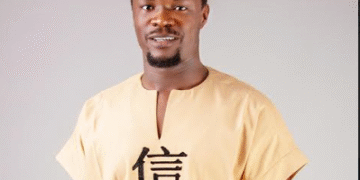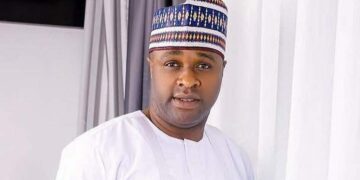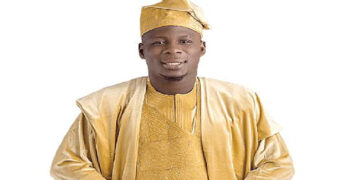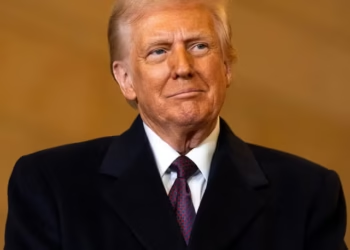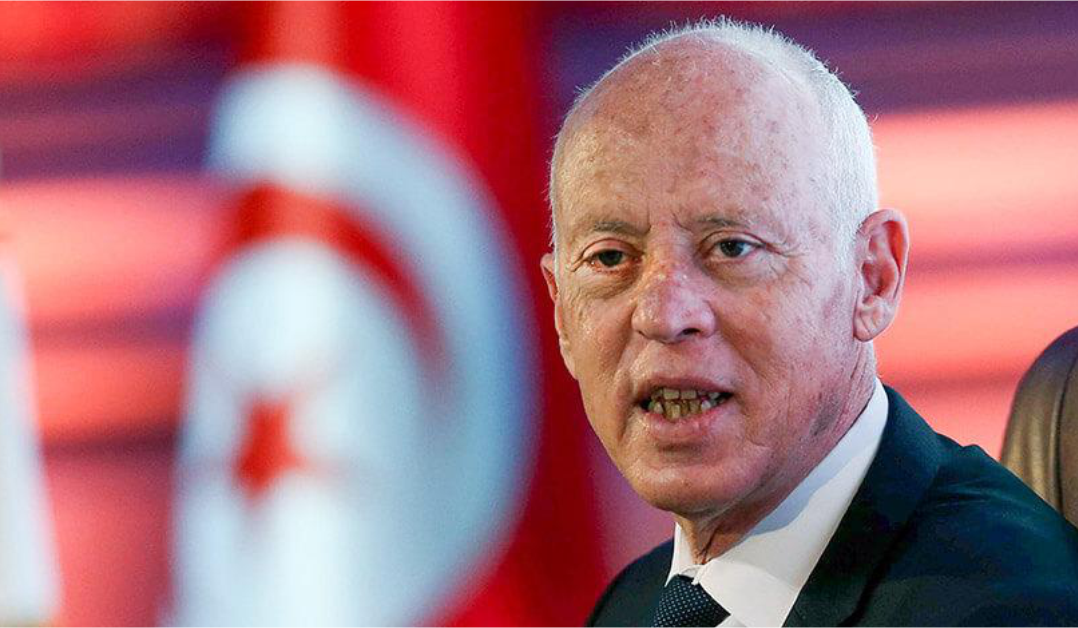
The high-profile trial of over 40 Tunisian opposition figures resumed on Tuesday under heavy security in the capital, Tunis, as international observers and foreign diplomats looked on.
Six of the detained defendants—including prominent jurist Jawhar Ben Mbarek and former Ennahdha party leader Abdelhamid Jelassi—are currently on hunger strike, protesting their exclusion from the courtroom. A previous court ruling mandated that they only attend the hearing remotely, prompting strong backlash from their lawyers.
“We cannot make our arguments under these conditions and we refuse to be false witnesses,” said defence lawyer Abdelaziz Essid, demanding the hearing be suspended until the defendants are physically present.
Serious Charges and International Scrutiny
The accused face grave charges such as plotting against state security and belonging to a terrorist group, with some offences carrying the possibility of capital punishment.
This case has drawn international attention, with diplomats from France, Germany, Canada, the Netherlands, and the European Union attending the trial. However, local NGOs were barred from observing proceedings, and only one relative per defendant was permitted entry into the court.
Many of the defendants are outspoken critics of President Kais Saied, who came to power after Tunisia’s democratic revolution but has since faced criticism for centralizing power following a 2021 political shake-up.
Some of the accused have been detained since early 2023, when Saied branded them “terrorists.” Others remain at large or have fled the country, while a few, like opposition leader Ahmed Nejib Chebbi, are free but facing trial.
Chebbi called the charges “wild fabrications,” noting he is being prosecuted for having “suspicious contacts” with foreign diplomats.
Rights Groups Decry Crackdown
Human Rights Watch has called the proceedings a “mockery” based on abusive charges, while the United Nations recently urged Tunisia to halt what it described as a pattern of arbitrary arrests and politically motivated detentions.
In response, Tunisia’s foreign ministry rejected the UN’s statement, calling it inaccurate and asserting that Tunisia remains committed to its sovereignty and judicial processes.
Meanwhile, the political pressure continues to mount, with the recent 22-year prison sentence handed to Rached Ghannouchi, 83, leader of the Ennahdha party, further intensifying fears of democratic backsliding.

![Viral House Party Video Sparks Conversation on Changing Social Norms Among Nigerian Mothers [Watch Video]](https://kumornews.com/wp-content/uploads/2026/02/Viral-House-Party-Video-Sparks-Conversation-on-Changing-Social-Norms-Among-Nigerian-Mothers-Watch-Video-1-360x180.jpg)


